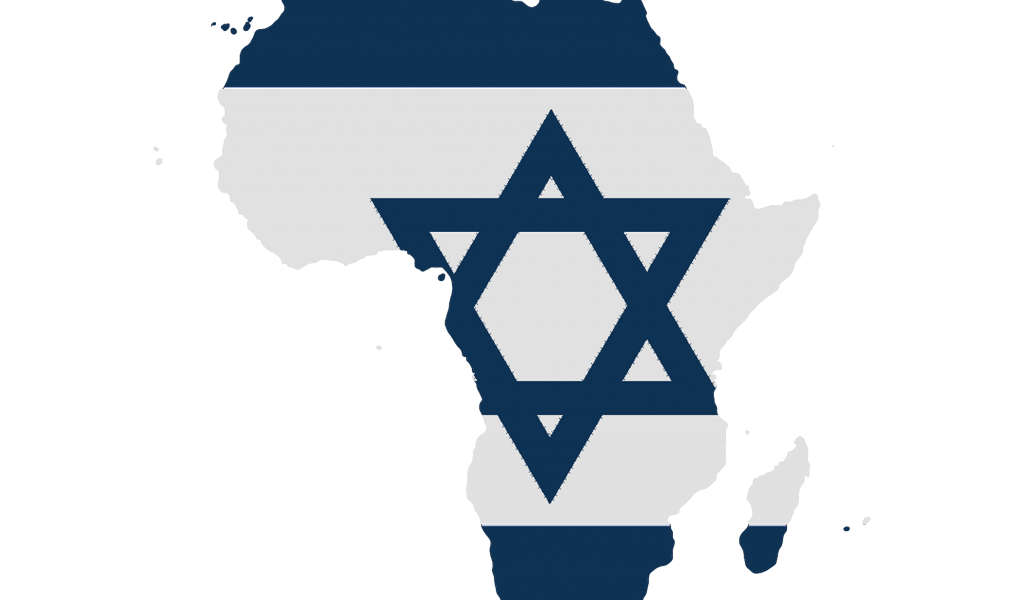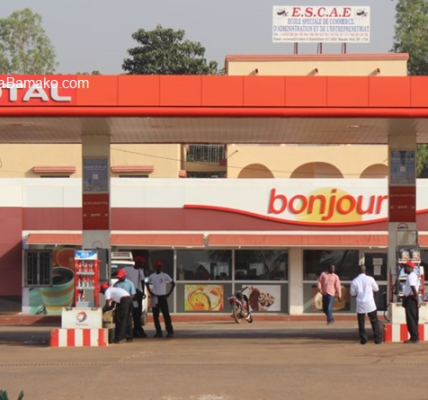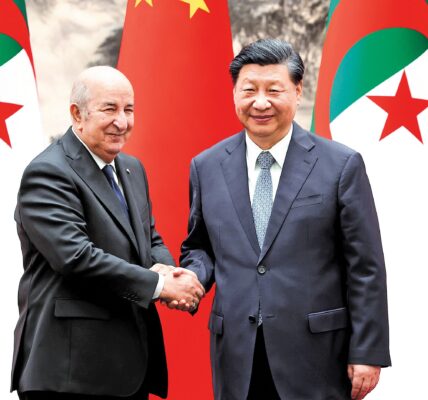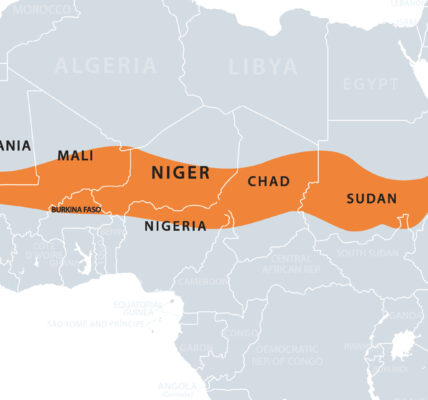While Israel’s military focuses on the ongoing conflict with Hamas in Gaza, a lesser-known, parallel war is unfolding across several African nations. In this covert operation, Israel’s intelligence agency, Mossad, has been working behind the scenes to monitor and counter Hezbollah’s influence in the region, forging alliances with key African governments in the process.
Strategic Alliances in West and Central Africa
Mossad’s operations in Africa have involved secret collaborations with governments in Côte d’Ivoire, Gabon, and Cameroon, where the primary objective is to monitor Lebanese communities suspected of having ties to Hezbollah. As part of these alliances, Israel has offered cutting-edge surveillance technology and privileged access to intelligence in exchange for operational freedom. This partnership has given Mossad the ability to act discreetly across the continent, gathering vital information about potential Hezbollah activity.
Case Study: The 2017 Arrest in Gabon
One of the most significant operations took place in 2017, when Mossad’s surveillance capabilities led to the arrest of Abdul Mohsen Jamal Husain al-Shatti in Gabon. Al-Shatti was linked to the Al-Abdali cell, an Iranian-backed Hezbollah unit operating in the region. The operation was a major blow to Hezbollah’s network, and it demonstrated the effectiveness of Mossad’s partnership with African nations in tackling Iranian and Hezbollah activity on the continent.
Automatic Suspicion of the Lebanese Diaspora
Israel’s approach to these operations involves automatic suspicion of Lebanese communities in Africa, viewing them through the lens of potential Hezbollah ties. This has sparked controversy, particularly because not all members of the Lebanese diaspora support Hezbollah. Despite this, Mossad continues to treat these communities as key targets in their efforts to dismantle Hezbollah’s global network.
Political Risks for African Leaders
The collaboration between Mossad and African governments has not been without its challenges. Many African leaders face domestic backlash due to the economic importance of Lebanese communities in their countries. These communities have long been integral to the economies of countries like Côte d’Ivoire, Gabon, and Cameroon, where Lebanese-owned businesses have been pivotal in trade and industry. As a result, leaders risk alienating influential sectors of their population while balancing their cooperation with Israel.
Olivier, a local political analyst, remarked on the delicate situation: “Not all Lebanese support Hezbollah, but Israel treats them as suspects.” This highlights the broader issue—while Israel’s intelligence efforts may target Hezbollah operatives, the treatment of the entire Lebanese diaspora raises concerns about collective punishment and the social consequences for African nations cooperating with Israel.
Conclusion: A Silent War with Broad Implications
Israel’s secret war against Hezbollah and its influence in Africa is one that operates far beneath the surface, relying on covert intelligence networks and partnerships with African governments. While it has been successful in identifying and dismantling terrorist cells, the approach raises difficult questions about national sovereignty, ethnic relations, and the fine line between security and social cohesion. As this parallel conflict continues, the political and social ramifications will continue to shape both Israel’s and Africa’s future alliances and conflicts.




